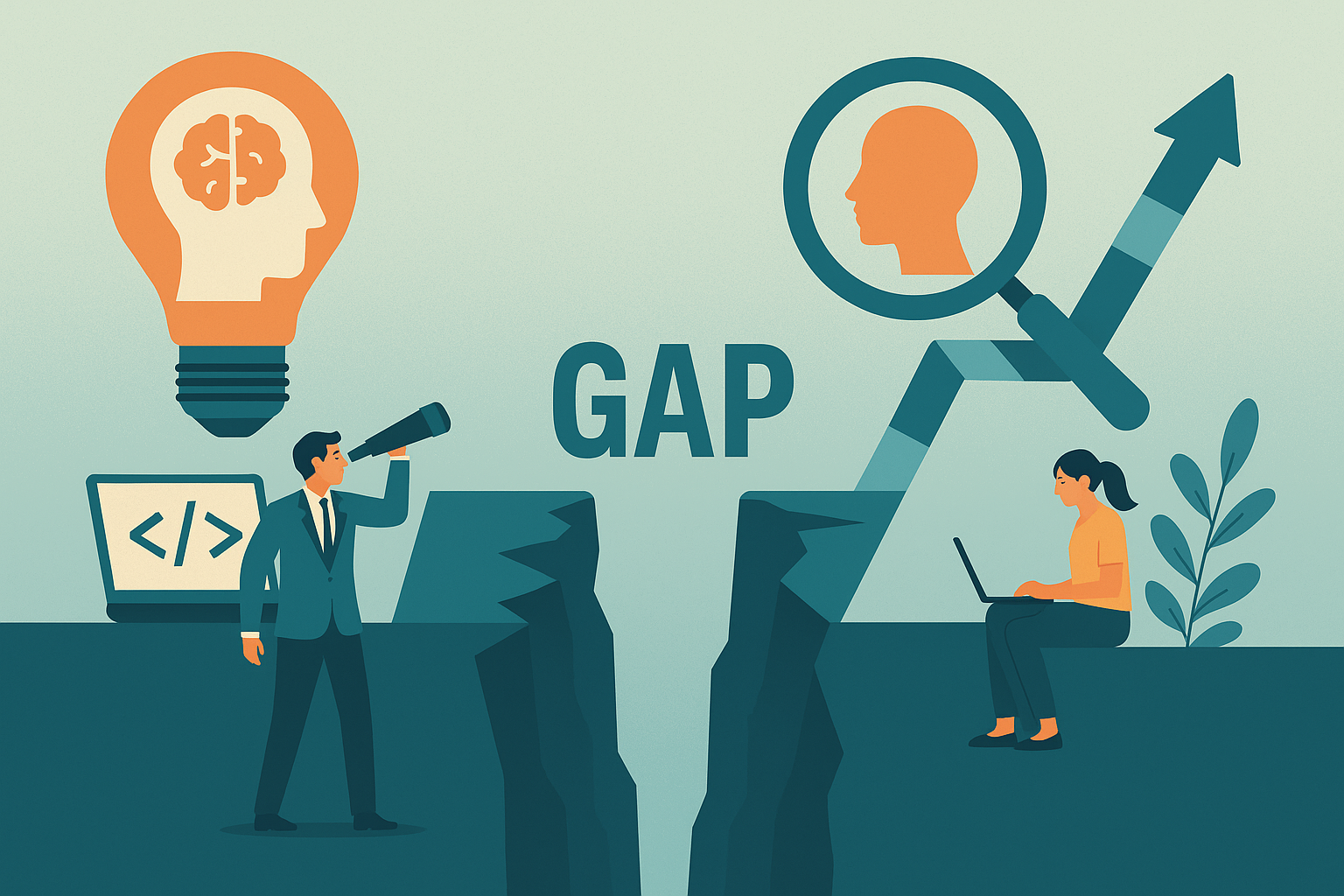The AI Talent War: Analyzing Singapore's Corporate Training and Job Seeker Demand Gap
Indeed report reveals significant gaps between generative AI adoption and professional training in Singapore workplaces. This article explores job seekers' desire for tech company support and calls for businesses to reshape talent development strategies for the AI era.

Preface: Workplace Transformation in the AI Wave
The global workplace is experiencing an epoch-making transformation driven by artificial intelligence (AI), with impacts as profound as the Industrial Revolution. The proliferation of intelligent tools has not only reshaped existing processes but also presented entirely new challenges for human resource allocation and development. As Asia's economic hub and technology innovation pioneer, Singapore's workplace ecosystem undoubtedly serves as an excellent vantage point for observing how this AI wave impacts and shapes the future workforce. However, a recent report reveals critical concerns hidden behind seemingly positive AI adoption rates: the widening gap between tool proliferation and professional training has become a potential constraint hindering talent advancement and corporate development. This is not merely Singapore's challenge but a talent proposition that global enterprises and workers must confront directly.
The AI Gap: Data Reveals Hidden Concerns
The latest research report from global job platform Indeed provides valuable insights into the current state of AI application in Singapore's workplace. Data shows that among Singaporean professionals, a high 36% already use generative AI tools such as ChatGPT in their daily work, undoubtedly demonstrating local companies' positive attitude and agile response in embracing new technologies. However, the concerning contrast is that despite the increasing prevalence of AI tool usage, 33% of professionals have not received any formal related training. This data paints a clear yet cautionary picture: the pace of technological development seems to have surpassed the updating of talent cultivation systems. This phenomenon of "application first, training lagging" not only may prevent some employees from fully unleashing the potential of intelligent tools but also sows the seeds for future digital divide exacerbation. If this trend continues, even with the most advanced intelligent tools, employees may struggle to convert them into substantial productivity and competitive advantages due to lack of appropriate guidance and systematic training.
Job Seekers' Voices: Training and Support Become Core Demands
Facing the AI era wave, job seekers' mindsets and expectations have also undergone profound changes. The report clearly indicates that today's job seekers, when choosing potential employers, no longer focus solely on salary and position itself, but rather view companies' adoption of emerging technologies and their ability to provide comprehensive training and support systems as key priority considerations. This reflects a trend: job seekers not only desire to work at technology frontier companies but also expect these enterprises to become solid backing for their skill enhancement in the AI era. Data further strengthens this argument: a high 77% of professionals express strong desire for more AI-related training in the coming years. They deeply understand that continuous learning and skill reshaping are the only ways to ensure their competitiveness in the changing era. Essentially, the thirst for career development and skill enhancement has become a decisive factor in attracting and retaining top talent. For job seekers, the professional development paths and learning opportunities provided by companies have become more important than traditional benefits, serving as important indicators for measuring corporate competitiveness. In other words, companies that fail to provide adequate training may miss golden opportunities to attract and cultivate future leaders in the increasingly fierce talent competition.
Corporate Response: Reshaping Talent Development Strategies is Urgent
Given the profound insights from the above report, the business community must deeply reflect on their current talent development strategies. Existing training inadequacies have already constituted a key bottleneck in employees' "AI readiness" process. To maximize AI's potential and truly integrate it into corporate operational contexts, merely introducing tools is far from sufficient; more crucially, employees must be empowered with the ability and mindset to master these tools. Therefore, corporate training program innovation has become an urgent imperative. This means that from the new employee onboarding stage, artificial intelligence literacy education should be systematically embedded, ensuring every new member can quickly master AI basic knowledge and application principles. Furthermore, companies should vigorously promote practice-oriented learning experiences, through workshops, case studies, project collaborations, and other forms, allowing employees to master AI tool application skills in real scenarios. This concerns not only technical empowerment but more importantly cultivating employees' critical thinking and innovation capabilities, enabling them to flexibly use AI to solve complex problems rather than merely mechanically operating tools. Only when companies view AI training as a strategic investment and closely integrate it with core business objectives can they lay a solid foundation for long-term development in the AI era.
Looking Forward: Building a New Human-Machine Collaboration Paradigm
Singapore's case undoubtedly sounds an alarm for the global business community. The proliferation of intelligent tools by no means implies a reduction in human resource demands but rather raises higher requirements for human quality. Companies that can truly stand out in future competition will be those organizations that can strategically invest in employees' AI skill enhancement and actively promote new human-machine collaboration paradigms. This is not merely a technical evolution but a completely new work philosophy—viewing AI as an extension and enhancement of human capabilities rather than a replacement. Only through systematic, continuous training and support, ensuring every employee becomes an "operator" rather than a passive "user" in the AI era, can enterprises remain invincible in this magnificent AI revolution and inject inexhaustible momentum for sustainable development.